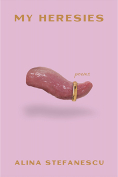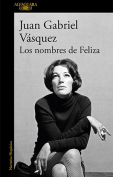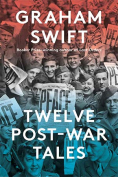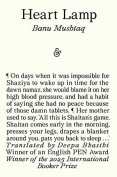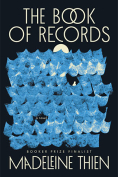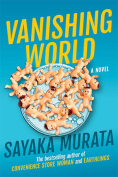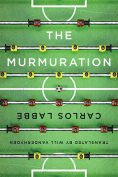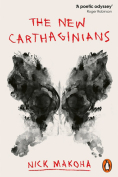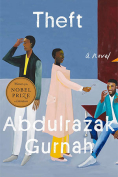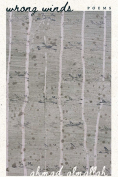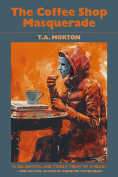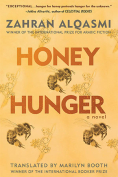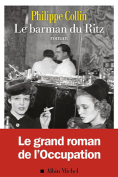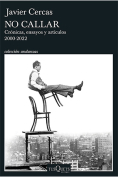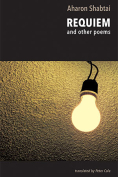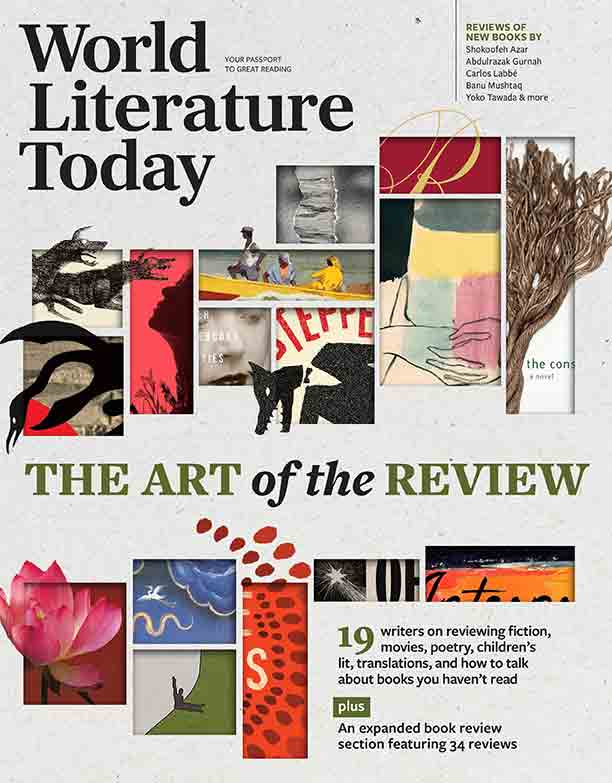The Murmuration by Carlos Labbé
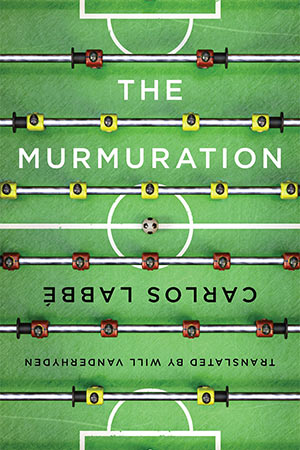
Rochester, New York. Open Letter. 2024. 200 pages.
In this inspired novel, the world’s most famous soccer tournament becomes the setting for a bizarre series of events set in motion by a uniquely gifted sportscaster. Chilean writer Carlos Labbé’s unnamed protagonists first meet on a train bound for Santiago, the site of a semifinal match in the 1962 World Cup. “The director”—she’s a member of the national soccer federation’s board of directors—has sought out “the commentator,” a man whose talent for crafting evocative accounts of fast-moving games, honed during countless radio broadcasts, can reputedly change the course of real-world events. For reasons that become fully clear only in the final pages, she asks him to use “this ability of yours” to incite a ruckus at the upcoming match. Her still-undefined “project,” she says, will shock her “fat-cat” board colleagues. The commentator, too, seems to be at odds with moneyed interests, refusing to call matches shown on TV. He agrees to do his part.
What follows is an eccentric yarn that takes the form of a soccer broadcast. The commentator’s funny, profane play-by-play blends game action with an account of the strange events occurring in the stadium luxury box where the director is surrounded by blatantly sleazy male board members. This is a short novel, but Labbé’s capacity for sustaining his unusual narrative conceit is nonetheless impressive. Like any good sportscaster, his commentator sets the scene—we’re in the Chilean capital’s storied Estadio Nacional—and explains what’s at stake in this showdown between scrappy Chile and swashbuckling Brazil. Page-long paragraphs depict corner kicks, shots on goal, and calls made by real-life referee Arturo Yamasaki Maldonado. The commentator heaps comic scorn on the Peruvian ref, deriding his rulings and labeling him an “enemy collaborator,” a “blunderer’s blunder,” an “arbiter of injustice,” and much worse. The commentator is an expert in the geometry of his sport. To him, the unpredictable Brazilian attack “will suddenly resemble a rhombus”; later, it assumes “a shape we’ve never seen, an apse.”
When the commentator looks away from the field, which he does often, his account of the day’s events takes on very different qualities. Eyeing the luxury box, he describes what appears to be a crime in progress—an act of apparent “vengeance,” the reasons for which readers will be able to puzzle out in the book’s oblique closing chapter. Throughout, Labbé’s broadcaster is a captivating figure, equally a populist and an intellectual, a narrator capable of remarkable specificity when it comes to field-level action, but one who might be concealing information from the reader when he relays what he sees in the luxury box. He masterfully escalates the tension between the director and her fellow board members. Like a spy gathering intel through a pair of binoculars, he notes that she’s handed what might be a bribe but immediately tears up the check, that she takes a phone call but says only “one phrase” before replacing the receiver. Though Labbé’s prose, wonderfully translated by the always reliable Will Vanderhyden, isn’t complex, he has crafted a stubbornly elliptical story, one that has no love for capitalism yet resists pat interpretations about its characters’ dispositions, motives, and actions.
Like eventual ’62 World Cup champ Brazil, a team known for its creativity, this highly original novel takes lots of risks, a high percentage of which hit the mark.
Kevin Canfield
New York





